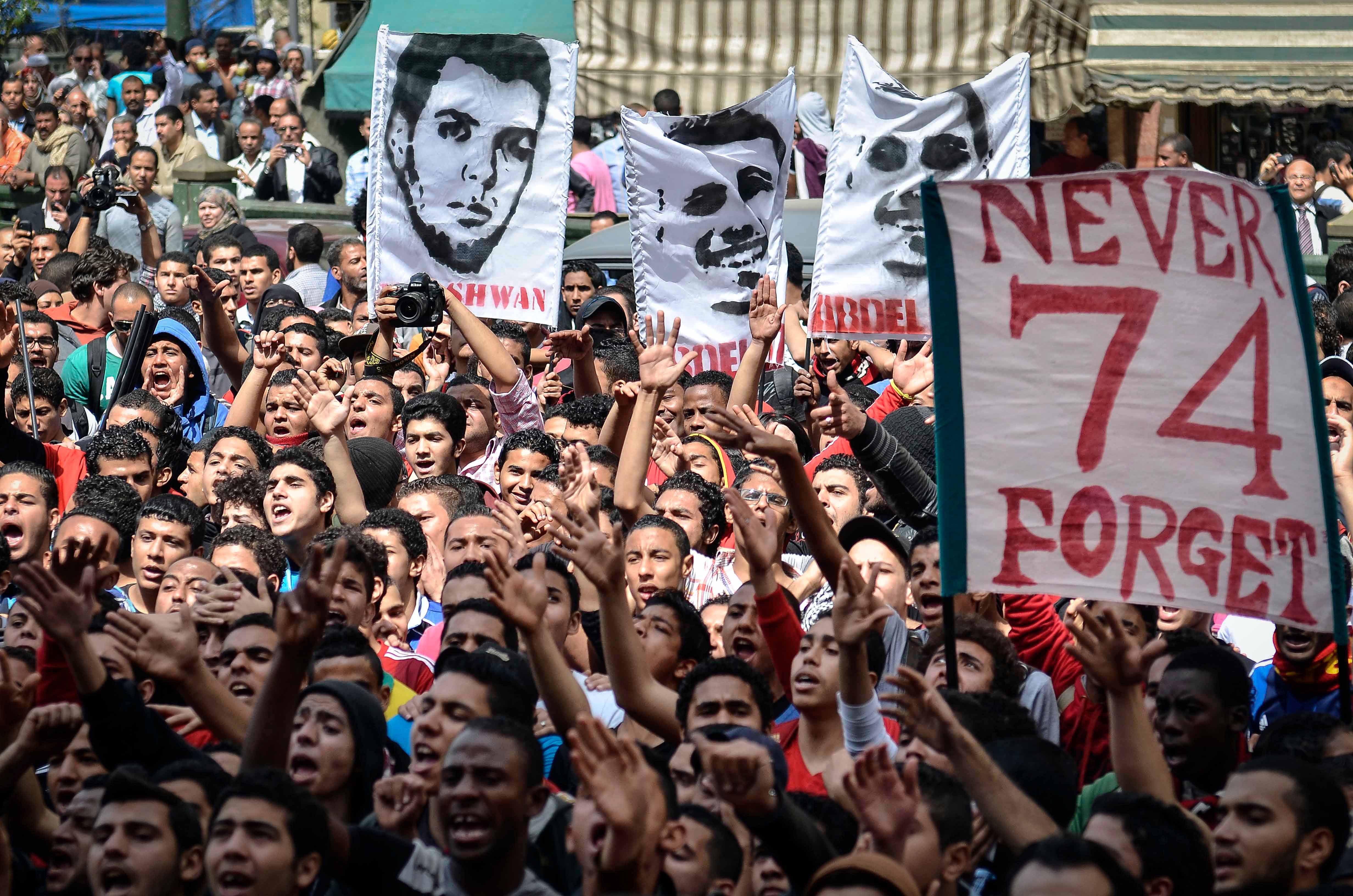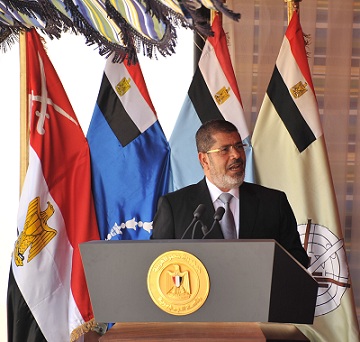By Heba Fahmy
CAIRO: The Supreme Council of the Armed Forces (SCAF) will utilize all available means to deal with the open sit-in at Tahrir Square, except the use of violence, said General Mahmoud Hegazy at a press conference Tuesday.
Hegazy stressed that the SCAF guarantees the freedom of peaceful protests and expression, as long as it does not hinder or harm the country’s progress during this critical phase.
“Chaos is the definition of freedom without responsibility,” he said.
If it is proven that protesters inside the square are not revolutionaries and are threatening Egypt and its people instead of aiming to achieve the revolution’s demands, then the Egyptian people and the army should not allow them to continue the sit-in.
He added that there was no justification for using violence against peaceful protesters, however, the SCAF was entitled to use violence against thugs, according to the law.
“The Armed Forces’ duty is to protect the people, not kill them,” he said. “There might be individual cases where soldiers use violence against the people, but these cases are dealt with firmly,” he added.
Hegazy said that although protesters who gathered in Tahrir every Friday did not represent the entire population, they are an essential part of it and their demands are respected.
General Mamdouh Shahin said that the ruling army council seeks to have public trials of the former officials accused of corruption as well as killing and injuring protesters in the January 25 uprising.
However, Shahin explained that the Egyptian judiciary was independent and could neither be influenced by SCAF nor by the government.
“A good judge should not be influenced by any outside pressure,” he said.
He added that Prime Minister Essam Sharaf called for swift trials of former officials, but the courts could choose to respond to him or not.
Former officials are being tried in civilian, not revolutionary, courts in accordance with international human rights laws and the people’s will to give them a fair trial.
When asked about the contradiction of trying government officials in ordinary courts while civilians are subject to military trials, Shahin said that under the emergency law, SCAF was allowed to refer anyone to military prosecution.
However, he added, SCAF has not used this power and civilians were brought to military prosecution during the uprising because of the security vacuum and the absence of police officers as well as the general prosecution.
Since police forces have returned and the general prosecution resumed its duties, the SCAF only referred those who were charged with thuggery, weapons’ possession and breaking the curfew to military trials, which is within its jurisdiction.
Regarding journalists who were referred to military prosecution, Shahin said that according to Article 85 of the penal code, any reporter who publishes secret documents affiliated with the army can be referred to military prosecution. He added that cases affiliated with freedom of expression were not referred to military prosecution.
“SCAF never violated a reporter’s right to freedom of opinion,” he said.
Shahin denied accusations that SCAF issued unilateral laws, adding that laws are discussed with political powers and experts. “We have documents proving these discussions and anyone can review them,” he said.
Regarding the relationship between SCAF and the Cabinet, Hegazy said that the former is considered an executive authority with complete freedom in reshuffling ministers and replace governors.
Hegazy stressed that SCAF depends on the rule of law and makes no exceptions in governing the country, denying that the council was covering up for former corrupt government officials.
If anyone has any evidence proving that former government officials committed any crimes, they should present it to the prosecution instead of making void accusations, he said.
“There was no evidence against [some former government officials] and so they were cleared,” he said.
Hegazy stressed that the army protected the revolution not as a favor to Egyptians, but rather as a duty because the army belongs to the people.



